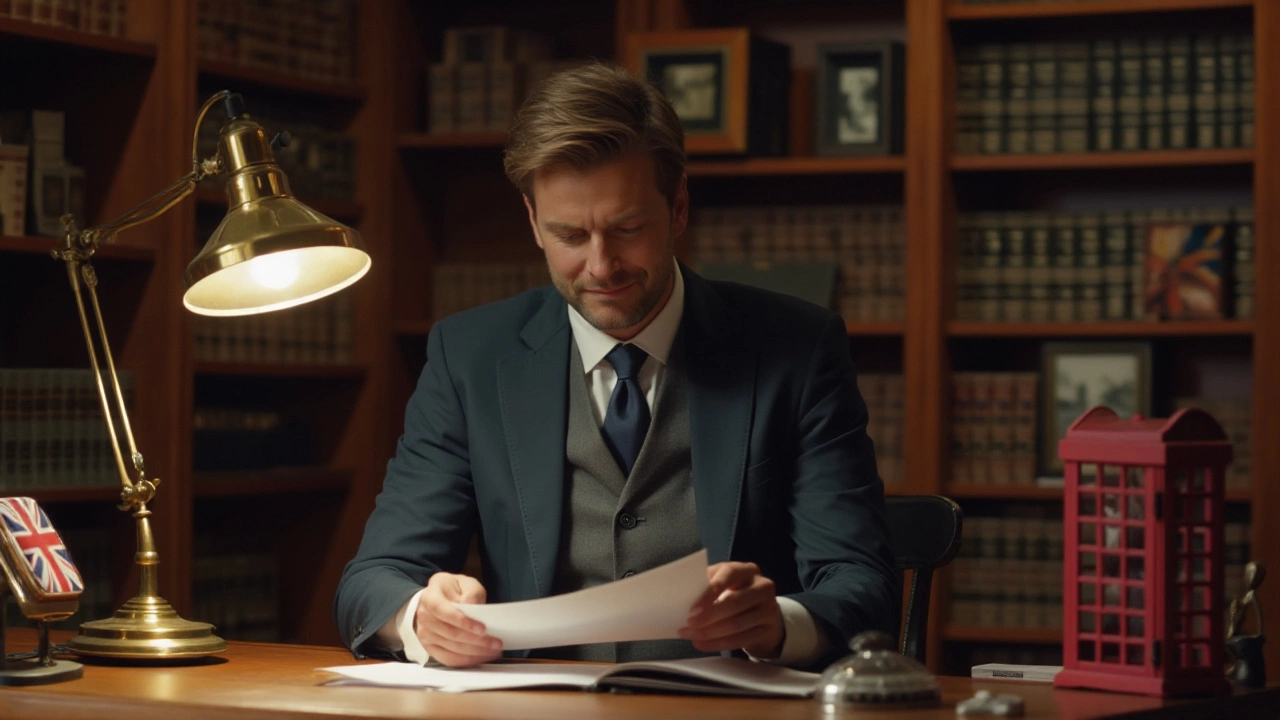Legal Guides Every Artist and Creator Should Read
Ever wonder if that free music site is really safe, or whether the images you pull from Canva can be used in a client project? You’re not alone. The art world mixes creativity with rules, and missing a detail can cost time, money, or reputation. Below you’ll find straight‑forward advice that helps you stay on the right side of the law while you focus on making great work.
Music Downloads and the Law
Free music sounds great, but not every site is legal. Look for platforms that either host public‑domain tracks or have clear licensing agreements. If a site asks you to “skip the ads” or “disable DRM,” that’s a red flag. Stick to services that list the license type (Creative Commons, royalty‑free, etc.) and provide a link to the terms. When in doubt, waste a minute checking the site’s About page or searching the track name plus “license.” It’s faster than dealing with a copyright strike later.
Another quick tip: keep a spreadsheet of the tracks you use. Note the source, the license, and any attribution requirements. This simple record can save you from a nasty takedown notice and shows clients you’re professional.
Copyright Basics for Digital Creators
Canva is a powerhouse for quick graphics, but not everything in its library is free to edit, sell, or remix. The platform splits assets into free, Pro, and third‑party sections. Free assets usually allow commercial use with attribution, while Pro assets need a Canva Pro subscription and sometimes still require credit. If you see a “Premium” badge, treat it like a stock photo – you’ll need a proper license before using it in a product you sell.
When you upload your own designs to Canva, you keep the rights, but the platform’s terms give them a broad license to display your work. That’s fine for most portfolios, but if you plan to sell the design as part of a client project, double‑check the agreement or consider using a different tool that offers stricter ownership control.
Beyond Canva, the same rules apply to any stock library: read the fine print, respect attribution, and never assume a free image is free to profit from. If a piece looks too good to be free, it probably is.
These legal shortcuts keep you focused on creation instead of litigation. By treating every download and asset like a tiny contract, you protect yourself, your clients, and your peace of mind.
Ready to explore more? Browse our tag collection for deep dives into music‑download safety, Canva licensing, and other creator‑focused legal topics. Each article is written in plain language, packed with actionable steps, and designed to fit into a busy artist’s schedule.
Stay creative, stay legal, and let your art shine without the worry of hidden legal traps.

11 Jan 2025
Navigating the legal landscape of printing art for personal use can be tricky. This article delves into the key legal aspects associated with reproducing artworks, specifically focusing on copyright laws and personal use guidelines. It provides practical advice for art enthusiasts looking to print art legally, and highlights the importance of respecting artists' rights. Additionally, it touches on the potential consequences of infringing on these copyrights.
Continue reading...
